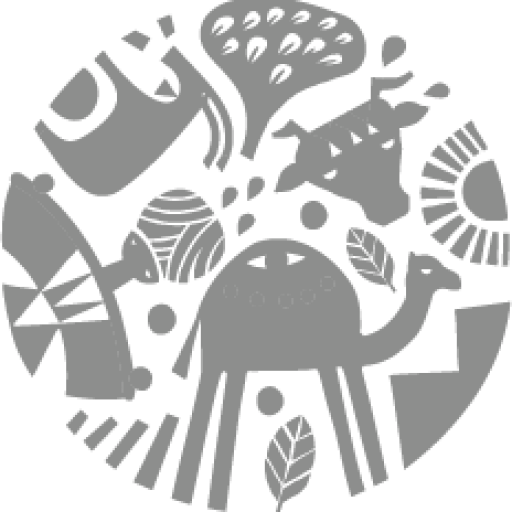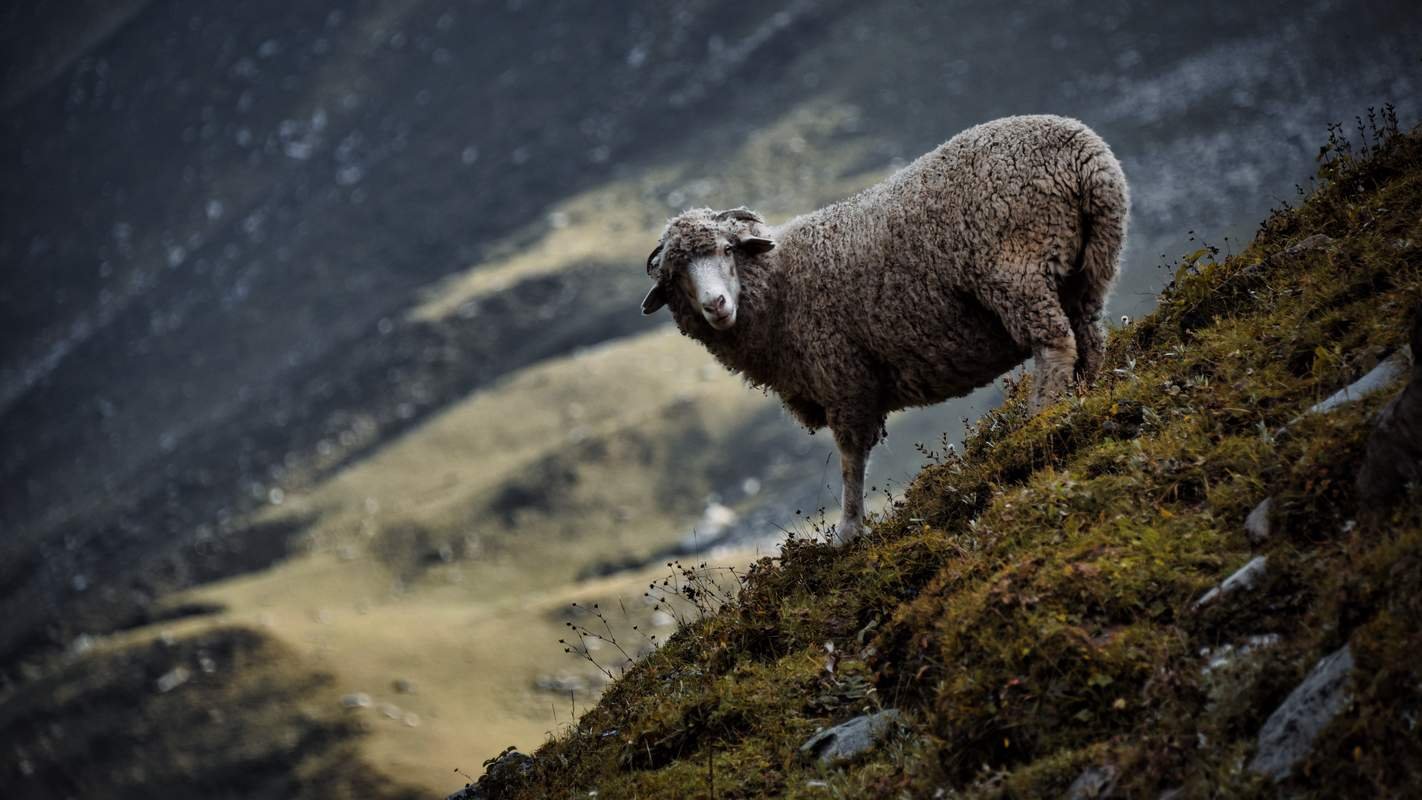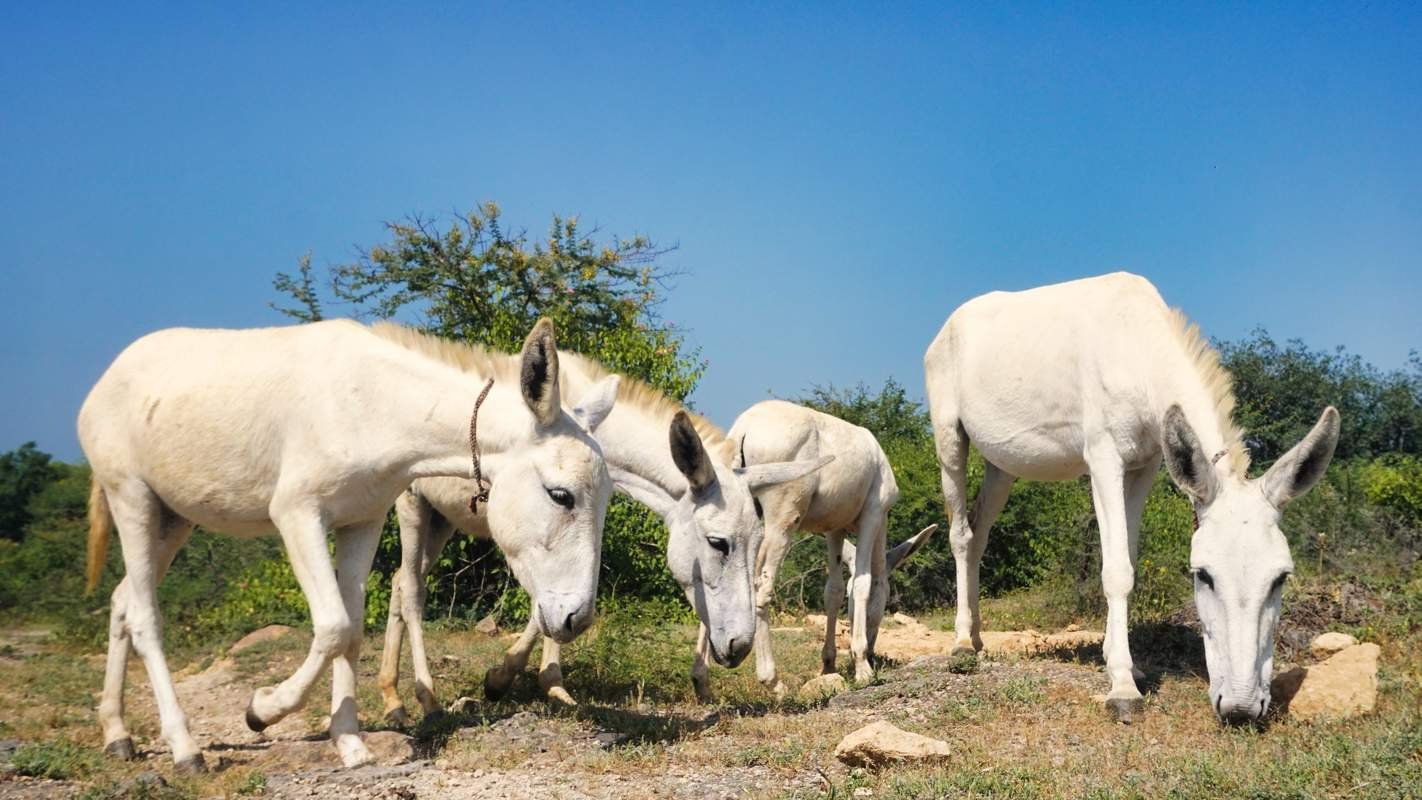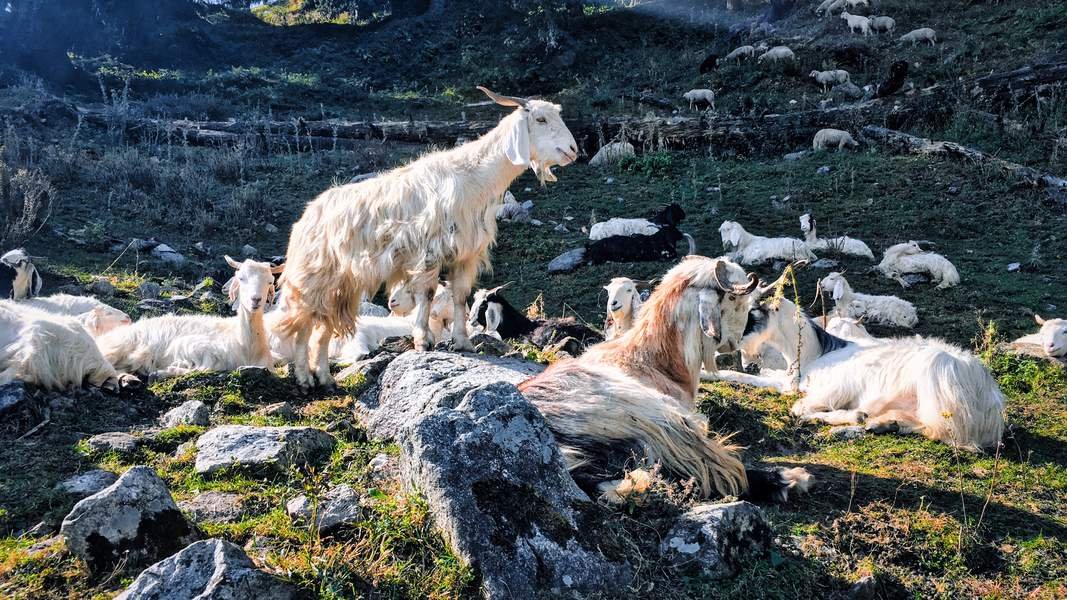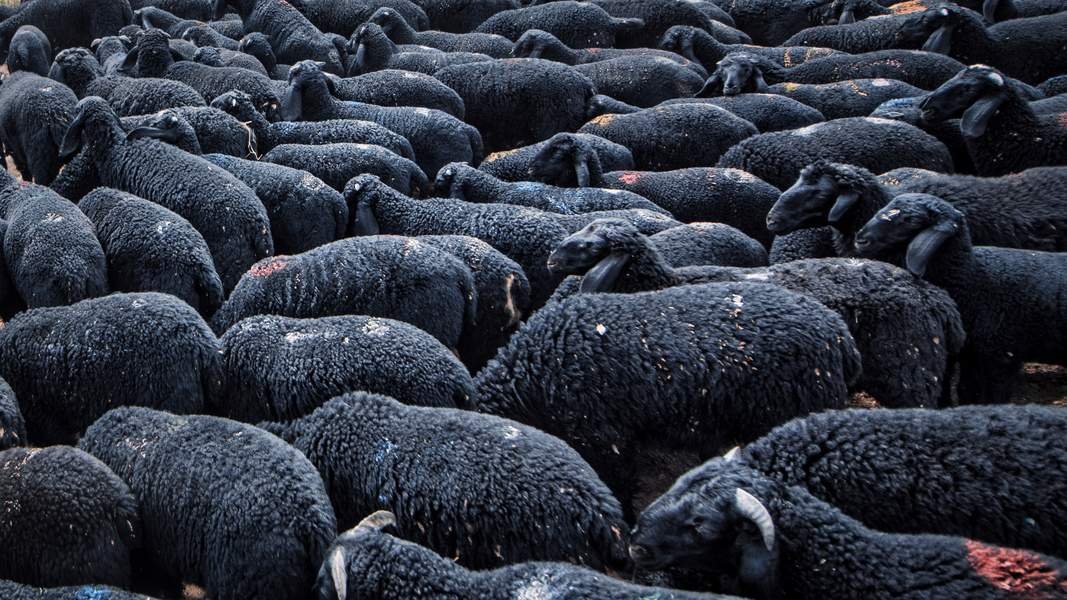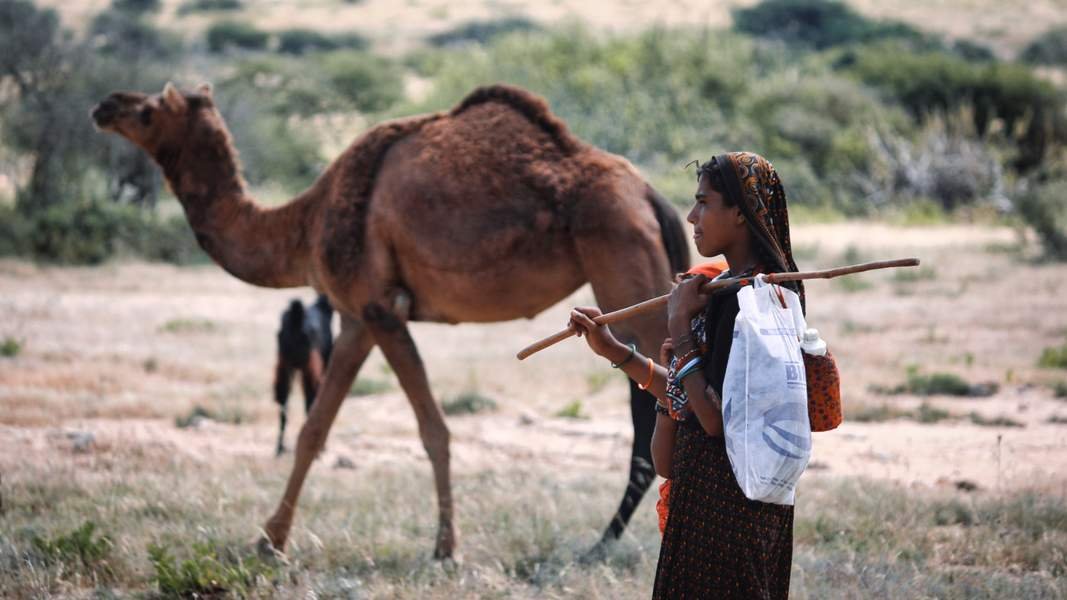CfP hopes to take forward Sahjeevan’s work on gaining mainstream recognition of pastoral animal populations as distinct breeds. Over the past decade, Sahjeevan’s efforts have resulted in eight pastoral breeds in Gujarat being registered as distinct breeds, including the Banni Buffalo, Kharai Camel, Kahami Goat, Sindhi-Kachchhi Horse, Panchal Sheep and the Halari Donkey. This recognition has come following year-round monitoring of productivity, reproduction, morphology and genetic parameters mandated by the National Bureau of Animal Genetic Resources. Sahjeevan has worked closely with NBAGR, regional agricultural universities and varied pastoral communities in Gujarat to generate the requisite data. These are the first community developed breeds to be recognized since Indian independence.
Such recognition is important. At a fundamental level, the acknowledgement that this is distinct genetic material changes the narrative on pastoralists. From being seen as simple-minded animal herders, they are more legitimately described as animal breeders or the “keepers of genes,” to use Ilse Köhler-Rollefson’s evocative phrase. Not surprisingly, many of India’s well known cattle breeds – such as the Gir, Tharparkar, Rathi and Sahiwal – have emerged from pastoral systems. Second, such breeding may be particularly important in light of a changing climate regime, given that pastoral breeds have been developed under varying and often stressed environments. But perhaps most critically from an advocacy perspective, mainstream interest in conserving animal diversity has the potential to convince the government of the need to conserve the system responsible for its production, and not just the breed that has come from it.
In December 2019, NBAGR hosted a national workshop on the recognition and registration of pastoral breeds in which it was decided to register and recognise all non-descript breeds in a mission mode. This early momentum has flagged owing to the onset of the Covid pandemic in March of 2020. NBAGR’ program - Mission Towards Zero Non-descript AnGR of India - is currently being formulated through discussions with various stakeholders and CfP is a part of these discussions. Ensuring that such recognition and registration of community bred populations continues remains the cornerstone of CfP’s work on breeds going forward.
Such recognition is important. At a fundamental level, the acknowledgement that this is distinct genetic material changes the narrative on pastoralists. From being seen as simple-minded animal herders, they are more legitimately described as animal breeders or the “keepers of genes,” to use Ilse Köhler-Rollefson’s evocative phrase. Not surprisingly, many of India’s well known cattle breeds – such as the Gir, Tharparkar, Rathi and Sahiwal – have emerged from pastoral systems. Second, such breeding may be particularly important in light of a changing climate regime, given that pastoral breeds have been developed under varying and often stressed environments. But perhaps most critically from an advocacy perspective, mainstream interest in conserving animal diversity has the potential to convince the government of the need to conserve the system responsible for its production, and not just the breed that has come from it.
In December 2019, NBAGR hosted a national workshop on the recognition and registration of pastoral breeds in which it was decided to register and recognise all non-descript breeds in a mission mode. This early momentum has flagged owing to the onset of the Covid pandemic in March of 2020. NBAGR’ program - Mission Towards Zero Non-descript AnGR of India - is currently being formulated through discussions with various stakeholders and CfP is a part of these discussions. Ensuring that such recognition and registration of community bred populations continues remains the cornerstone of CfP’s work on breeds going forward.
